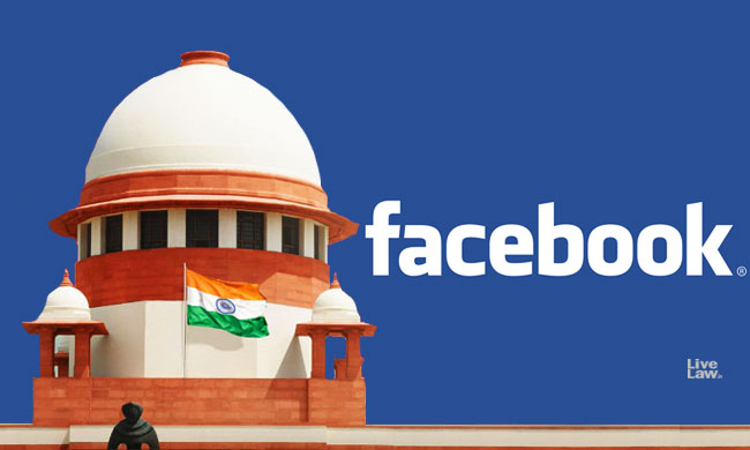The Supreme Court on Wednesday issued notice on Facebook India Vice President Ajit Mohan's Plea, challenging the summons issued by the Delhi Assembly's "Peace and Harmony" Committee, which is looking into Facebook's alleged complicity in Delhi riots.A bench comprising Justices SK Kaul, Aniruddha Bose and Krishna Murari issued the notice after hearing Senior Advocates Harish Salve (for...

